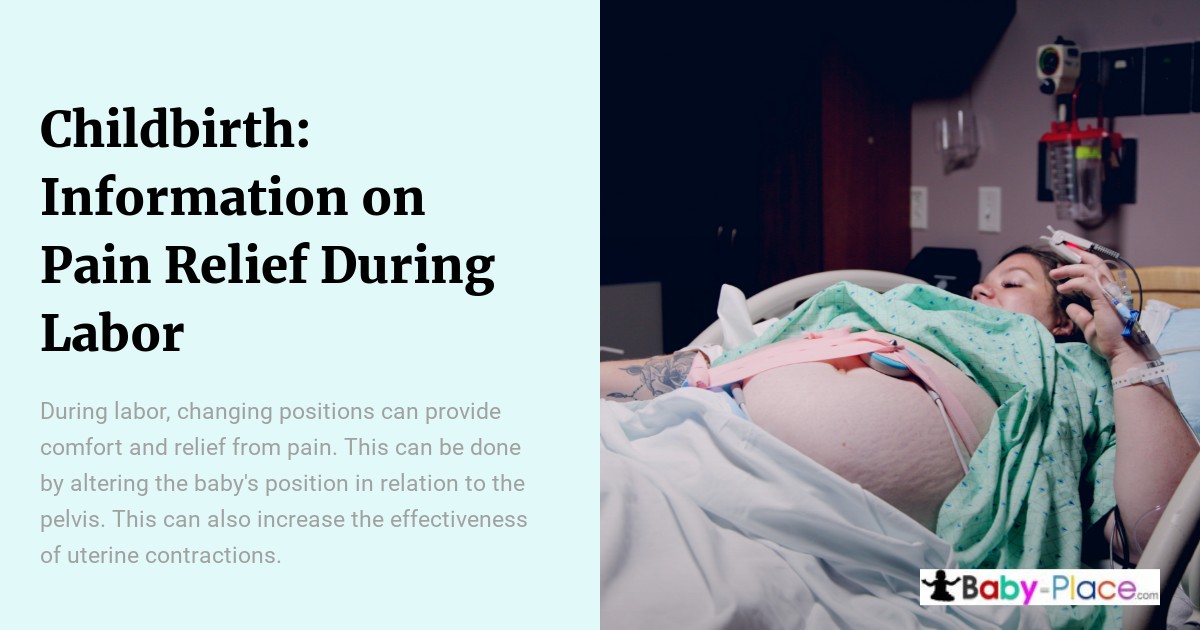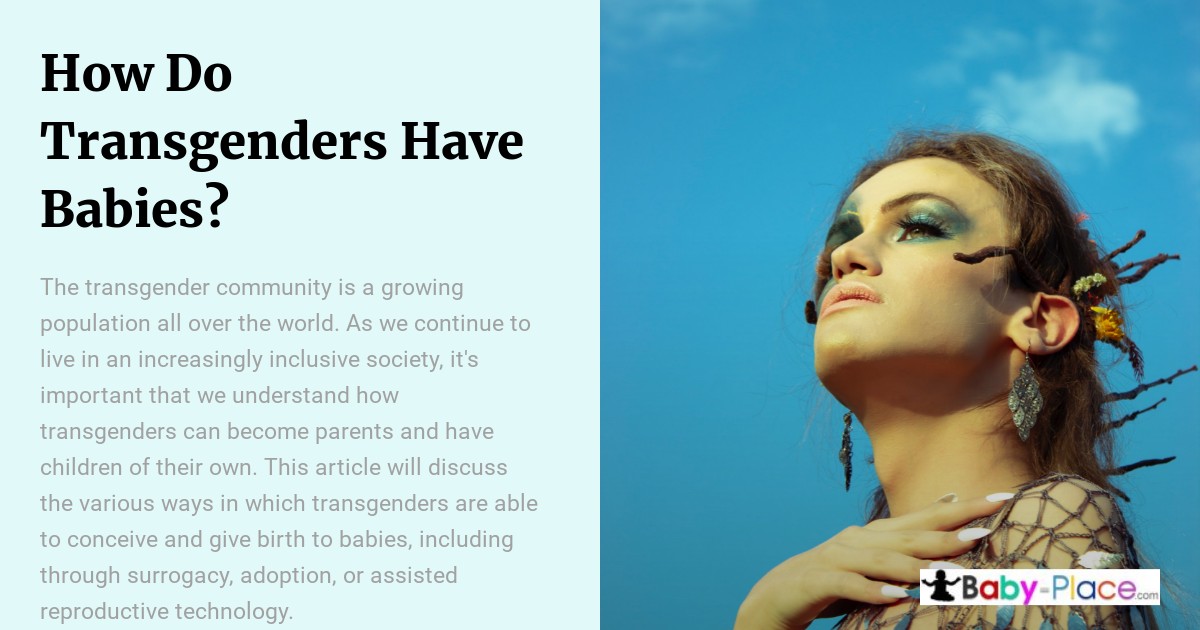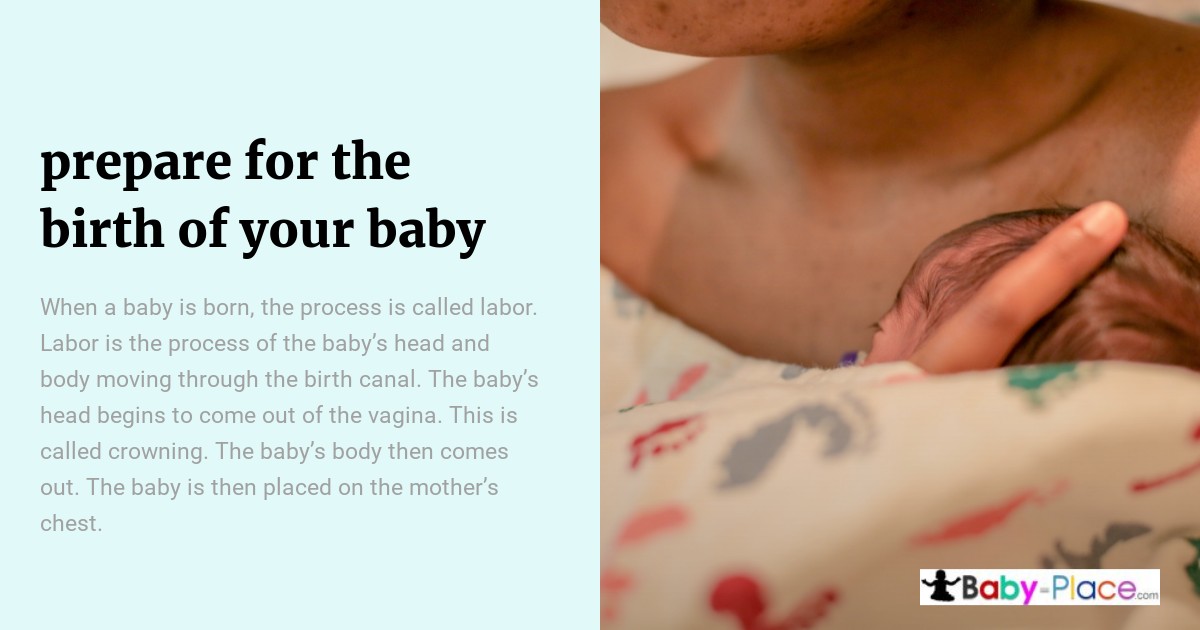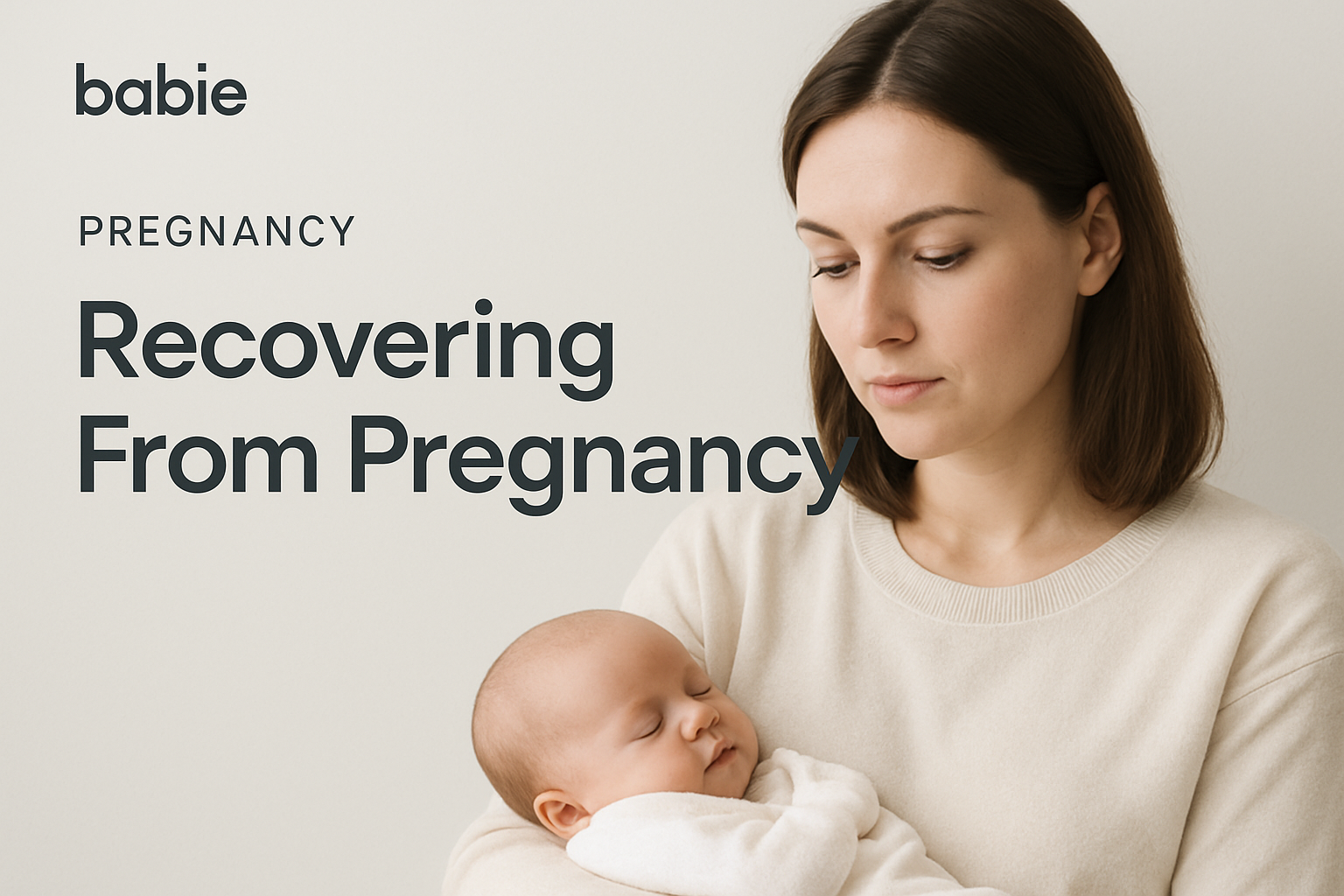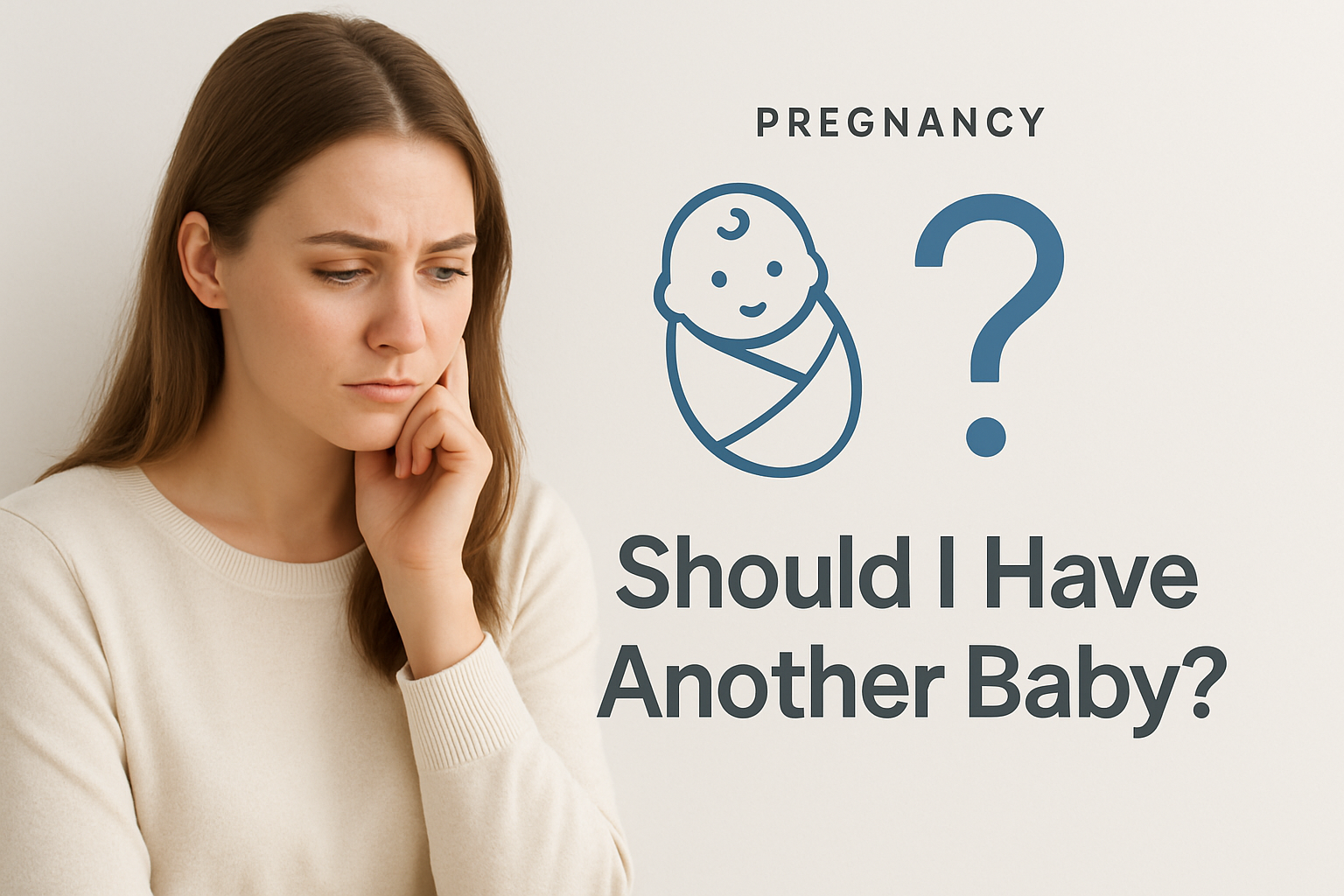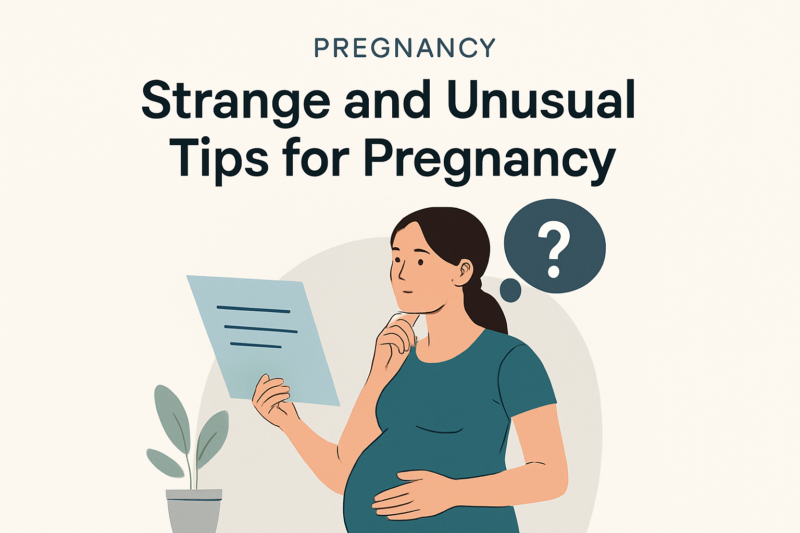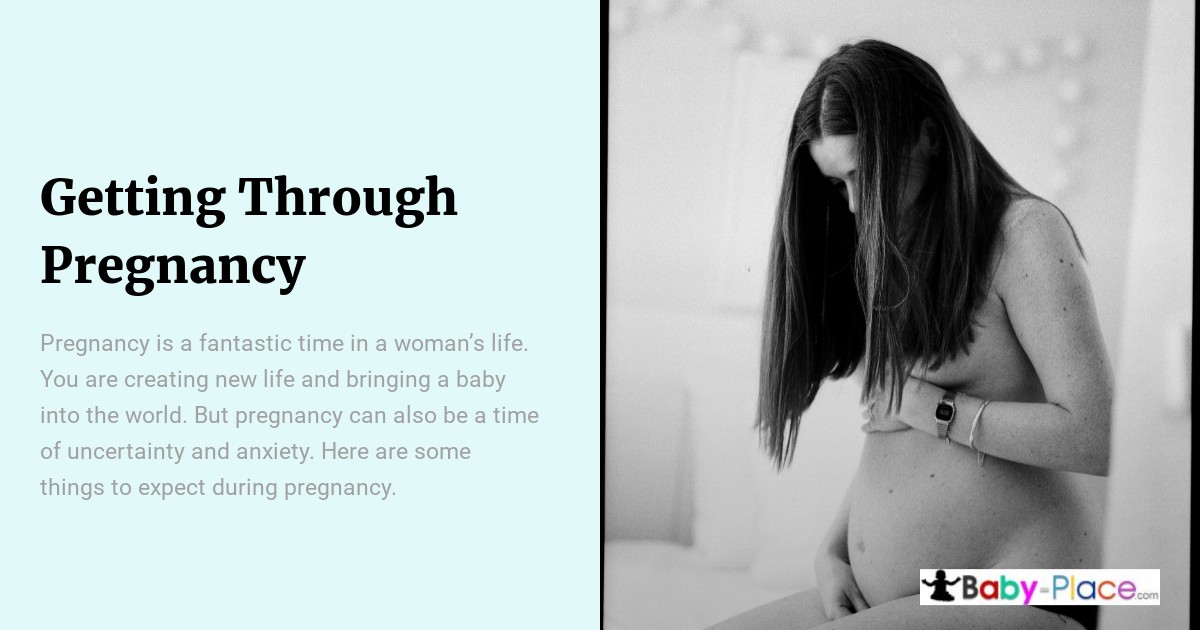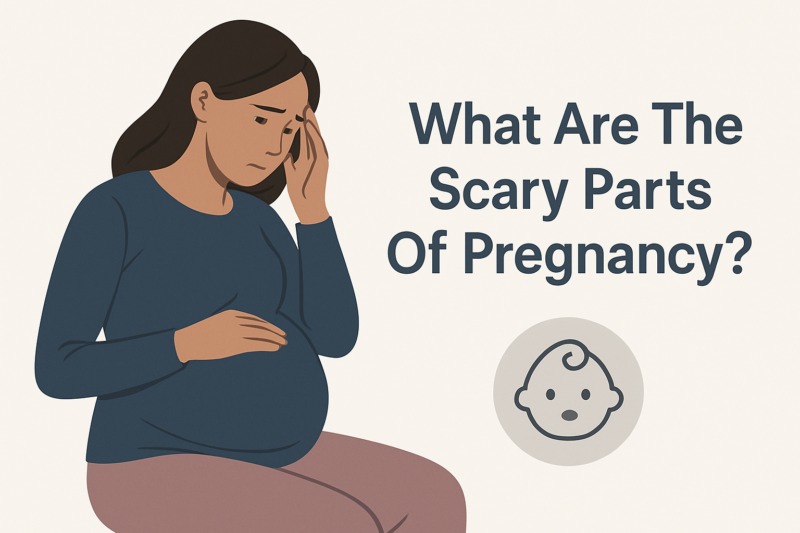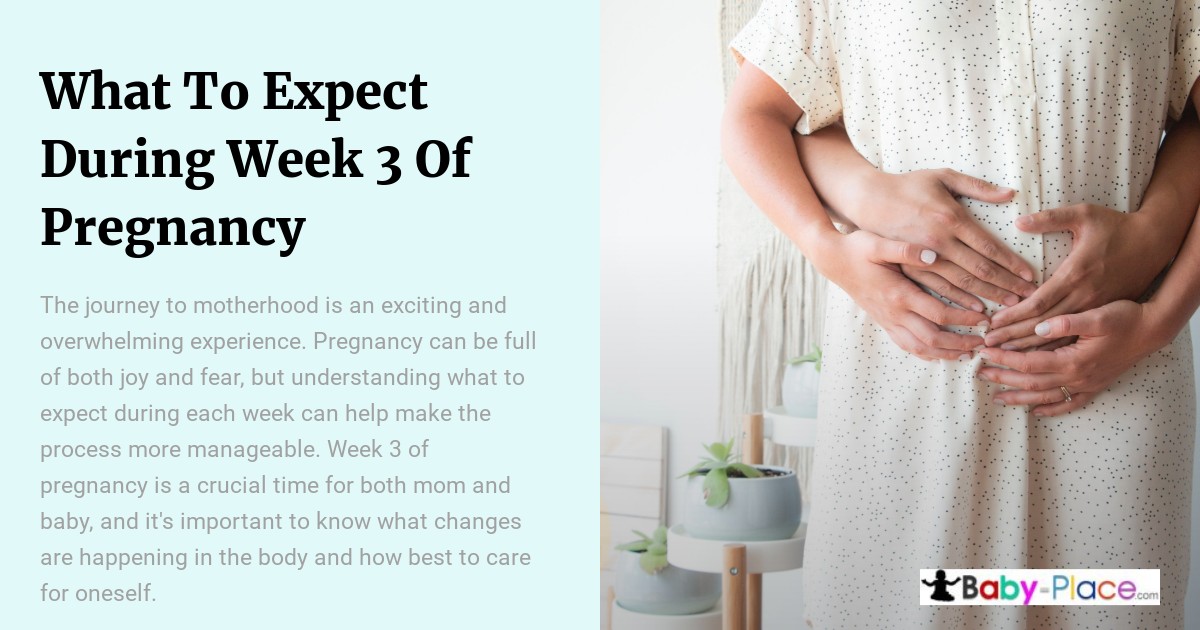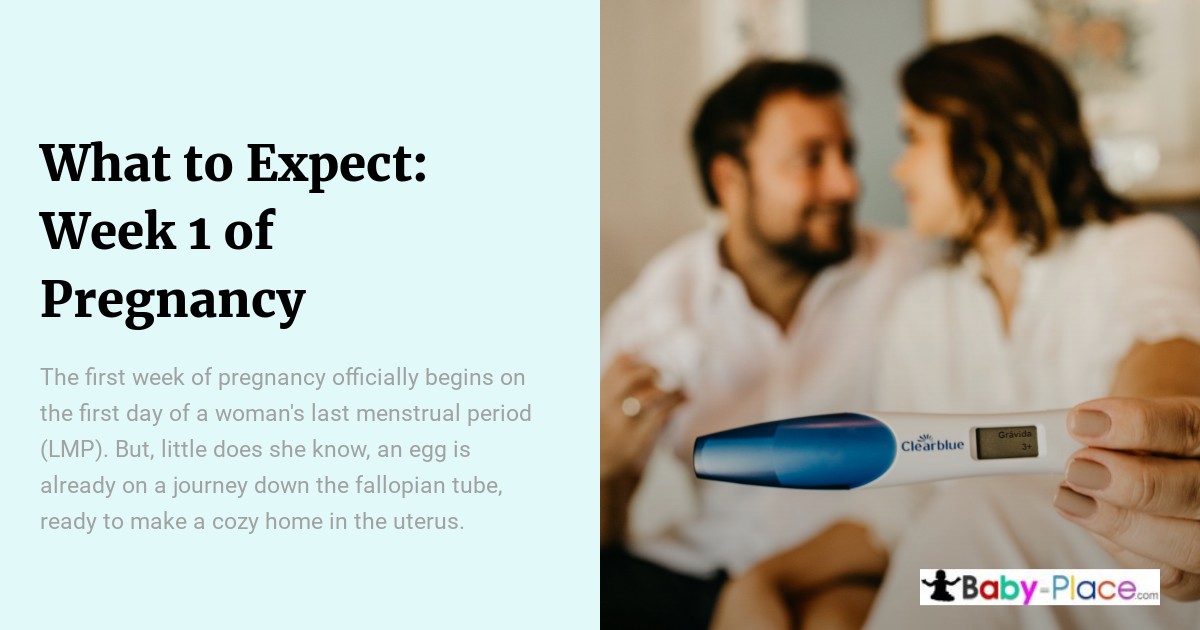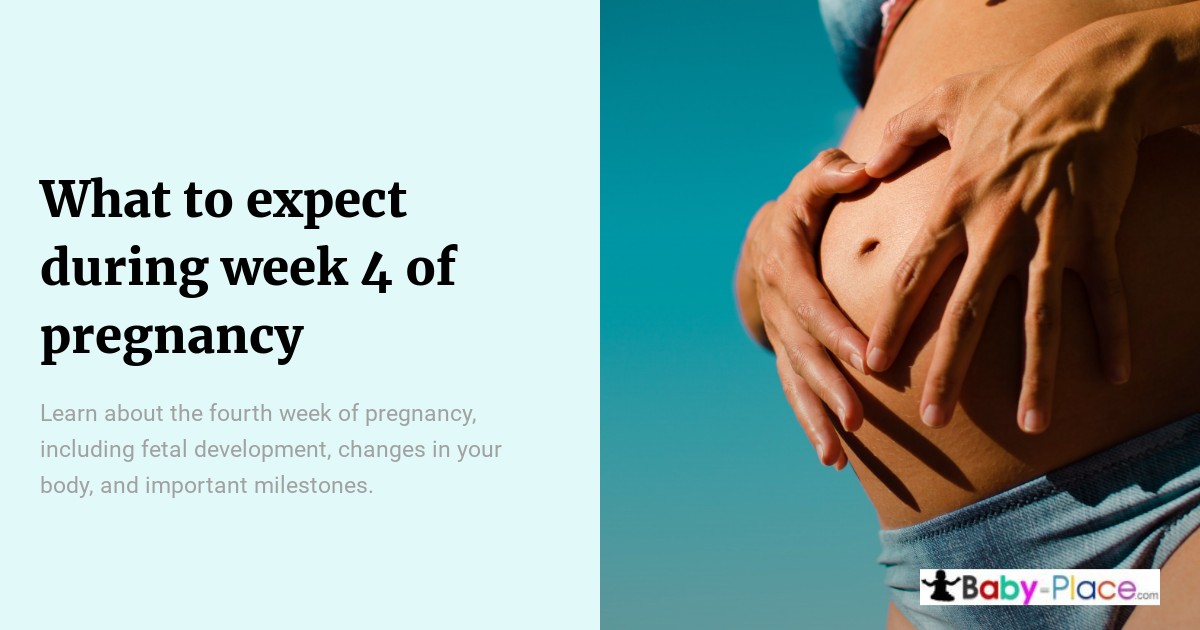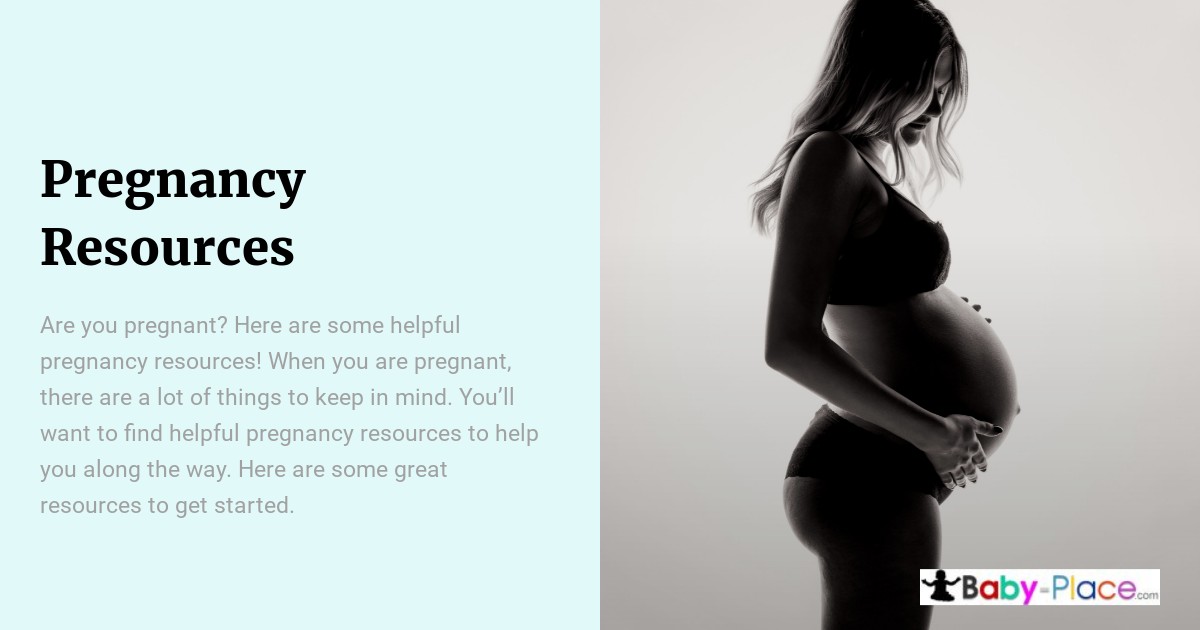
What is miscarriage?
Miscarriage, also known as early pregnancy loss, happens when the gestational process is interrupted due to the loss of the embryo or fetus before the 20th week of pregnancy. Losing a fetus weighing less than 500 grams is also considered a miscarriage.
When the miscarriage occurs at a more advanced stage of gestation, it is called intrauterine fetal death.
According to statistics, miscarriages occur in the first trimester of pregnancy, and, on many occasions, the woman is not even aware that she is pregnant. Miscarriage is a sad yet frequent occurrence, with 10-20% of every healthy pregnancy ending in loss.
Even so, miscarriage can have severe consequences for the woman’s physical and mental health, as it is a dramatic situation for those who wish to become parents.
Types of miscarriage
We can distinguish different types of miscarriage depending on the following factors:
- Sporadic vs. recurrent: depending on whether the miscarriage has occurred on a one-time basis or if several miscarriages have taken place. This would be what we call recurrent miscarriage.
- Clinical vs. subclinical: depending on whether the miscarriage occurs in advanced stages or if it occurs very early, i.e. close to the moment of implantation. The latter is known as biochemical abortion or micro abortion and the woman usually confuses it with menstruation.
- Anembryonated vs. embryonated: in the first case, it is not possible to see the embryo inside the gestational sac by ultrasound, which is known as a hollow egg. In the second case, an embryo is seen but its development has stopped. This type of pregnancy loss is also called a missed miscarriage.
- Complete vs. incomplete: depending on whether the entire uterine contents are removed after the abortion or, on the contrary, there are still fetal remains inside the uterus.
Causes
Most miscarriages occur because the fetus is not developing normally. About 50% of miscarriages are associated with missing or extra chromosomes. Most often, chromosome problems are the result of errors that occur by chance as the embryo divides and grows, not problems that are inherited from the parents.
Chromosomal abnormalities could result in the following:
- Anembryonic pregnancy occurs when no embryo is formed.
- Intrauterine fetal death: in this situation, an embryo forms, but stops developing and dies days before any symptoms of a pregnancy loss occur.
- Molar pregnancy and partial molar pregnancy: in the case of molar pregnancy, both sets of chromosomes come from the father. Molar pregnancy is associated with abnormal growth of the placenta. Normally, there is no fetal development.
A partial molar pregnancy occurs when the mother’s chromosomes remain, but the father contributes two sets of chromosomes. Generally, a partial molar pregnancy is associated with abnormalities of the placenta and an abnormal fetus.
Molar pregnancy and partial molar pregnancy are not viable pregnancies. Sometimes, they may be associated with cancerous changes of the placenta.
Maternal health conditions
In a few cases, the health condition of the mother could result in a miscarriage. For example:
- Uncontrolled diabetes
- Infections
- Hormonal problems
- Problems with the uterus or cervix
- Thyroid disease
What DOES NOT cause miscarriages
Routine activities such as those listed below do not cause miscarriages:
- Engaging in physical activity, including high-intensity activities such as jogging and cycling.
- Engaging in sexual intercourse.
- Work, as long as you are not exposed to harmful chemicals or radiation. Talk to your doctor if you are concerned about work-related risks.
Risk Factors
Several factors increase the risk of miscarriage, including the following:
- Age: Women who are over 35 have a higher risk of having a miscarriage than younger women. At 35 years of age, there is a risk of about 20%. At the age of 40, the risk is around 40%. And at age 45, the risk is about 80%.
- Previous miscarriages: women who have had two or more consecutive miscarriages have an increased risk of having a miscarriage.
- Chronic conditions: Women who have a chronic condition, such as uncontrolled diabetes, have an increased risk of miscarriage.
- Problems with the uterus or cervix: Certain abnormalities in the uterus or weak tissue in the cervix (cervical insufficiency) may increase the risk of miscarriage.
- Smoking and use of alcohol and illegal drugs: women who smoke during pregnancy have a higher risk of having a miscarriage than those who do not smoke. Excessive alcohol consumption and illegal drug use also increase the risk.
- Weight: being underweight or overweight are also factors that have been linked to an increased risk of miscarriage.
- Invasive prenatal studies: Some invasive prenatal genetic studies, such as chorionic villus sampling and amniocentesis, carry a small risk of miscarriage.
Symptoms of threatened miscarriage
Although a woman may have certain symptoms or signs of miscarriage, pregnancy loss is not always going to occur. Threatened miscarriage is simply a warning that this risk exists.
These are the symptoms that may raise suspicion of an impending miscarriage:
- Heavy vaginal bleeding with clots.
- Occurrence of unknown pain or unusual discomfort of medium to high intensity.
- Abdominal pain and severe cramping
- Fever
- Weakness
When a woman presents any sign of threatened miscarriage, she should immediately contact specialists so that a solution can be found in time and the threat does not turn into a miscarriage.
Treatment
In case of a high risk of pregnancy loss, bed rest and uterine sedatives are the most indicated. Progesterone is also given in some cases, although some scientific studies do not agree on its efficiency.
If abortion finally occurs, in principle no specific treatment is necessary. Simply, the fetus and all the gestational structures are expelled as heavy bleeding.
If this does not happen, it will be necessary to proceed to evacuation by curettage.
Curettage after abortion
Curettage is performed under anesthesia, dilating the cervix and removing any remaining tissue that may have been retained. There are also cases in which the abortion has just been induced with medication, such as Misoprostol to cause uterine contractions, which will help remove the aborted remains. This is known as pharmacological abortion. However, this method has the disadvantage of having the following side effects:
- Nausea
- Vomiting
- Diarrhea
- Chills
- Headache
- Vaginal bleeding
Finally, the remains of the miscarriage expelled spontaneously or by scraping the uterine cavity are sent to the laboratory to be studied, to try to diagnose the cause of the miscarriage and prevent its recurrence.
Prevention of miscarriage
The recommendations for preventing a miscarriage or spontaneous loss are based on respecting the proper care of a pregnant woman. We have mentioned above the most influential risk factors, so if we want to avoid miscarriage, we must also avoid these risks as far as possible.
If the pregnancy is going to be premeditated, it is advisable to treat possible diseases or health problems that are related to pregnancy loss or that may be a risk factor.
Hypertension, obesity, or diabetes without proper medical control may increase the likelihood of miscarriage. It is also important to analyze whether the mother has suffered from any infection such as toxoplasmosis or rubella, which can cause fetal alterations leading to gestational loss.
Other diseases that should be taken into account when seeking pregnancy, due to their possible relationship with miscarriage, are uterine anomalies or immunological diseases.
On the other hand, it is essential to lead a healthy life, with a balanced diet, avoiding excesses, and doing moderate exercise. In addition, it is necessary to attend all the gestational check-ups prescribed by the gynecologist and to follow his or her instructions with discipline.
Can stress and anxiety affect pregnancy or cause miscarriage?
In terms of conception and fertility, stress can cause a lack of ovulation during a menstrual cycle and, consequently, reduce the chances of pregnancy. In women with anxiety and a high level of stress, ovulation can even decrease by 20%. However, no direct relationship has been found between stress and miscarriage rate, so stress is ruled out as a cause of miscarriage.
That said, some studies relate life stress with some effects on pregnancy: there is a very discreet increase in premature births and cases of fetal growth retardation in those women with a more stressful rhythm of life. The mechanism by which this happens is still unknown, although these situations must be understood as a sum of factors, in which stress can accentuate a previous predisposition or trigger it, but never be the only responsible, except in very extreme cases.
Pregnancy is a special vital stage and it is advisable to know how to adapt to live this period in a relaxed and healthy way. It is recommended to maintain a certain amount of daily activity and to do some type of physical exercise, but in no case is it good to maintain a stressful rhythm of life.
What is a missed miscarriage?
We speak of missed miscarriage when the woman, although the embryo has already stopped its development, does not manage to expel the gestational sac until after a few weeks or even months.
Is it necessary to perform a curettage in case of a pregnancy loss?
Yes, it is generally recommended to wash out the abortive remains if they have not been completely expelled. Curettage allows the removal of any fetal tissue that may have remained and thus avoid possible infections.
How long after the early pregnancy loss do I have to wait to try to get pregnant again?
Although the WHO recommends waiting about six months to try to get pregnant again, numerous studies indicate that the sooner you try to get pregnant again, the less likely you are to suffer recurrent miscarriages or other gestational complications.
The WHO recommendations are based fundamentally on emotional aspects. Miscarriage is a hard trauma and it is convenient to live through the grief and be prepared to face the new pregnancy with a hopeful heart. On the other hand, the studies that indicate that it is not necessary to wait to conceive again after the pregnancy loss are based on physiological aspects of the female body.
In any case, it is important to consult your healthcare provider. Many specialists recommend waiting an average of two menstrual periods before a future pregnancy. However, this depends very much on the type of miscarriage that has occurred and the consequences of the miscarriage both physically and emotionally.
What is a septic miscarriage?
We speak of septic or infected miscarriage when the lining of the uterus or any remaining products of conception become infected. It can occur if parts of the fetal or placental tissue remain in the uterus after an incomplete miscarriage.
Is it possible to have a miscarriage of a twin?
Yes, this can occur in the course of multiple pregnancies and is known as evanescent twin syndrome. During an ultrasound, one of the fetuses is smaller, has no heartbeat, or has already disappeared.
What happens is that this fetus stops its development at an early stage and is reabsorbed by the tissues of the uterus without giving rise to complications. The other baby continues to develop normally and is not at risk.
How to overcome a miscarriage?
The loss of a future child, even if the pregnancy has been interrupted after a few weeks, always produces great sadness, which is aggravated especially in women by the sudden hormonal changes that occur in the body.
Coping with sadness, anger, and helplessness in the face of a miscarriage after a long time of searching is not easy for a couple and can become a problem if it is not overcome. That’s why we review some tips for emotional help in overcoming a miscarriage:
- Time to recover. Abortion is a grief that has its phases and it is necessary to go through each one of them. Recovery takes time.
- Seek support in the environment. Although generally in situations of sadness we may prefer to be alone, recovery is always better with the support of a partner, family, and friends.
- Seek psychological support. If you cannot overcome the situation, consulting a psychologist with experience in these issues can be of great help to understand and cope with the loss.
- Taking care of yourself: it is a tough situation, but that does not mean that you have to stop eating or sleeping. Keeping the body and mind healthy is essential.
Carrying on after pregnancy loss
The recovery process after pregnancy loss generally takes a few weeks. Menstruation can take up to a month to happen after the miscarriage has occurred.
The challenge of pregnancy loss is the emotional recovery that ensues. The miscarriage is a hard blow for the mother-to-be, not only because of the feelings of loss but also because of the abrupt hormonal changes to which she is subjected in a very short period.
There is no need to be afraid or ashamed to ask for help after losing your pregnancy. There are support groups and specialized couple’s therapies for this type of situation.
Frequently Asked Questions:
What is a miscarriage?
Miscarriage, also known as early pregnancy loss, occurs when the gestational process is interrupted due to the loss of the embryo or fetus before the 20th week of pregnancy. It is a common occurrence, affecting 10-20% of healthy pregnancies, often in the first trimester.
What are the types of miscarriage?
Miscarriages can be classified into several types: sporadic vs. recurrent (one-time or multiple occurrences), clinical vs. subclinical (advanced stages or early stages like biochemical abortion), anembryonated vs. embryonated (no embryo visible or embryo development stopped), and complete vs. incomplete (whether all uterine contents are expelled or not).
What are common causes of miscarriage?
Most miscarriages occur due to chromosomal abnormalities in the fetus, which happen by chance during embryo division. Other causes include maternal health conditions like uncontrolled diabetes, infections, hormonal problems, uterine or cervical issues, and thyroid disease.
What are the symptoms of a threatened miscarriage?
Symptoms of a threatened miscarriage include heavy vaginal bleeding with clots, unusual pain or discomfort, severe abdominal cramping, fever, and weakness. If these symptoms occur, immediate medical attention is advised.
How can a miscarriage be prevented?
Prevention involves maintaining a healthy lifestyle, managing chronic conditions like diabetes or hypertension, avoiding harmful substances like tobacco and alcohol, and attending regular prenatal check-ups. Pre-pregnancy health assessments and treating infections or uterine anomalies can also reduce risks.


